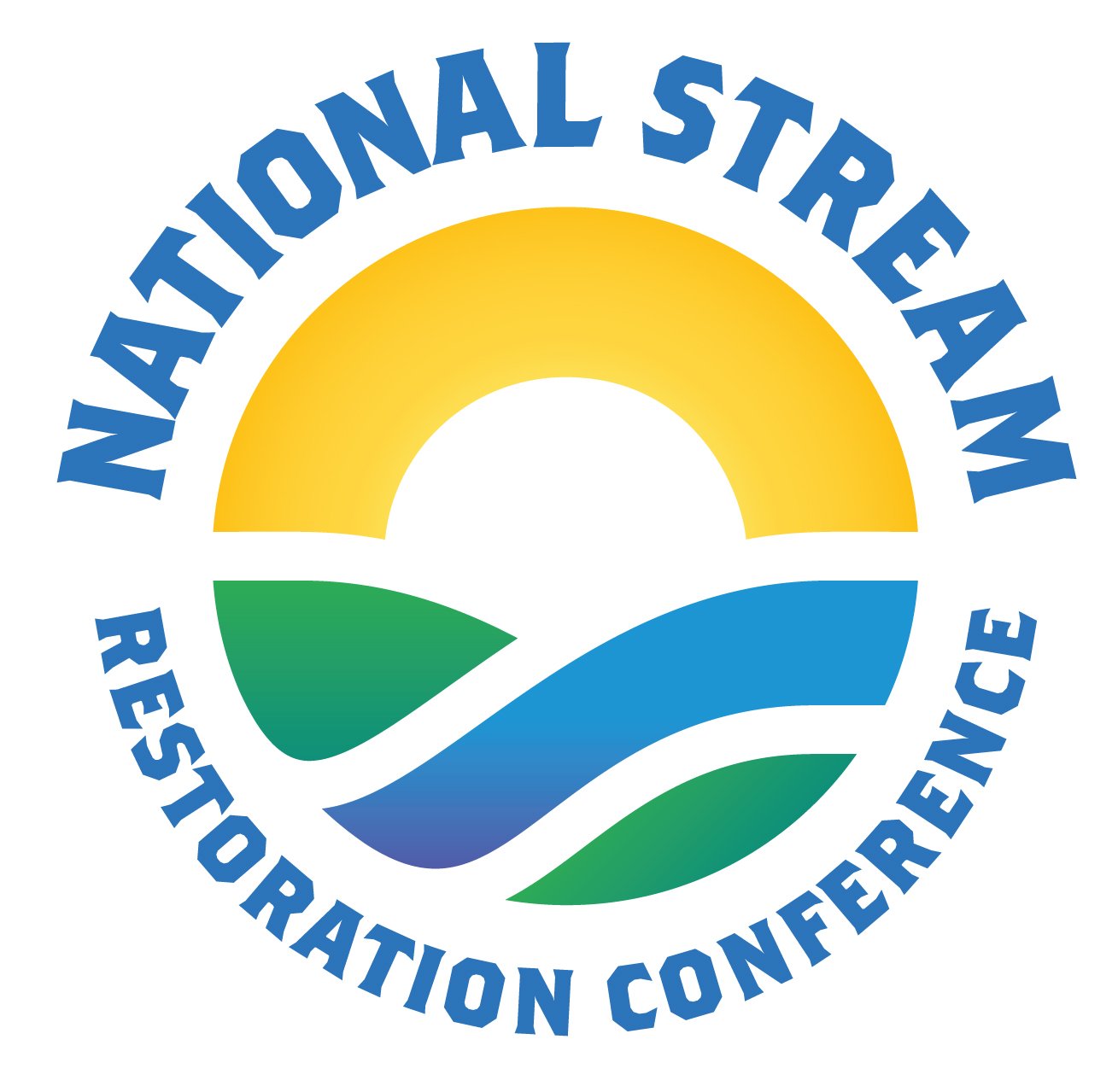The Vermont Functioning Floodplain Initiative: Identifying Reconnection Opportunities in the Vermont Sector of the Lake Champlain Basin to Improve Water Quality, Flood Resiliency, and Habitat
Roy Schiff, PhD, PE
Milone & MacBroom
Waterbury, Vermont
Authors: Roy Schiff, Milone & MacBroom
Mike Kline, Fluvial Matters
Evan Fitzgerald, Fitzgerald Environmental
Kristen Underwood, University of Vermont
Connected and naturally functioning floodplains reduce flood risk, protect water quality, enhance fish and wildlife habitat, and store carbon. The Vermont Functioning Floodplain Initiative (FFI) is a new framework to highlight the important roles floodplains play and create a way to understand current and future floodplain conditions. Tools are now being developed under the FFI to reconnect rivers to their floodplains in the Vermont sector of the Lake Champlain basin to realize the many benefits of connected floodplains. Our interdisciplinary team of consulting engineers and scientists, researchers from the University of Vermont, and scientists from the State of Vermont have created mapping and decision-support methods to (1) identify the current level of floodplain connection; (2) select possible reconnection projects; (3) prioritize project type and location; and (4) quantify the potential effectiveness of floodplain connectivity projects. These tools will not only lead to improved river-floodplain connection in the future, but will engage watershed stakeholders and the public to illustrate the importance of connected floodplains and to allow input into project planning. This collaborative work leverages a database of Vermont Stream Geomorphic Assessment data for more than 2,300 miles of river collected over the last 15 years and ongoing floodplain research projects at the University of Vermont. The level of connectivity, project selection, and tracking of implemented reconnection projects will eventually be housed in a web-application to readily visualize the planning and tracking of floodplain connectivity. The app will allow a wide range of users to perform a range of functions such as planning, implementing, and tracking floodplain restoration projects, river corridor protection easements, riparian buffer plantings, water quality improvement projects and habitat enhancement projects – all in the name of improving the connection between rivers and their naturally functioning floodplains.
About Roy Schiff, PhD, PE
Roy is a Water Resource Scientist and Engineer with SLR Consulting, formerly Milone & MacBroom, Inc located in Waterbury, Vermont. He received his PhD (Aquatic Ecosystem Studies) from the Yale School of Forestry and Environmental Studies in 2005 and his M.S.Eng. (Civil and Environmental Engineering) from University of Washington in 1996. Roy is a licensed Professional Engineer in Vermont and frequently works on water resource projects including river and floodplain restoration, bank stabilization, dam removal, stormwater treatment, and river corridor assessment.

